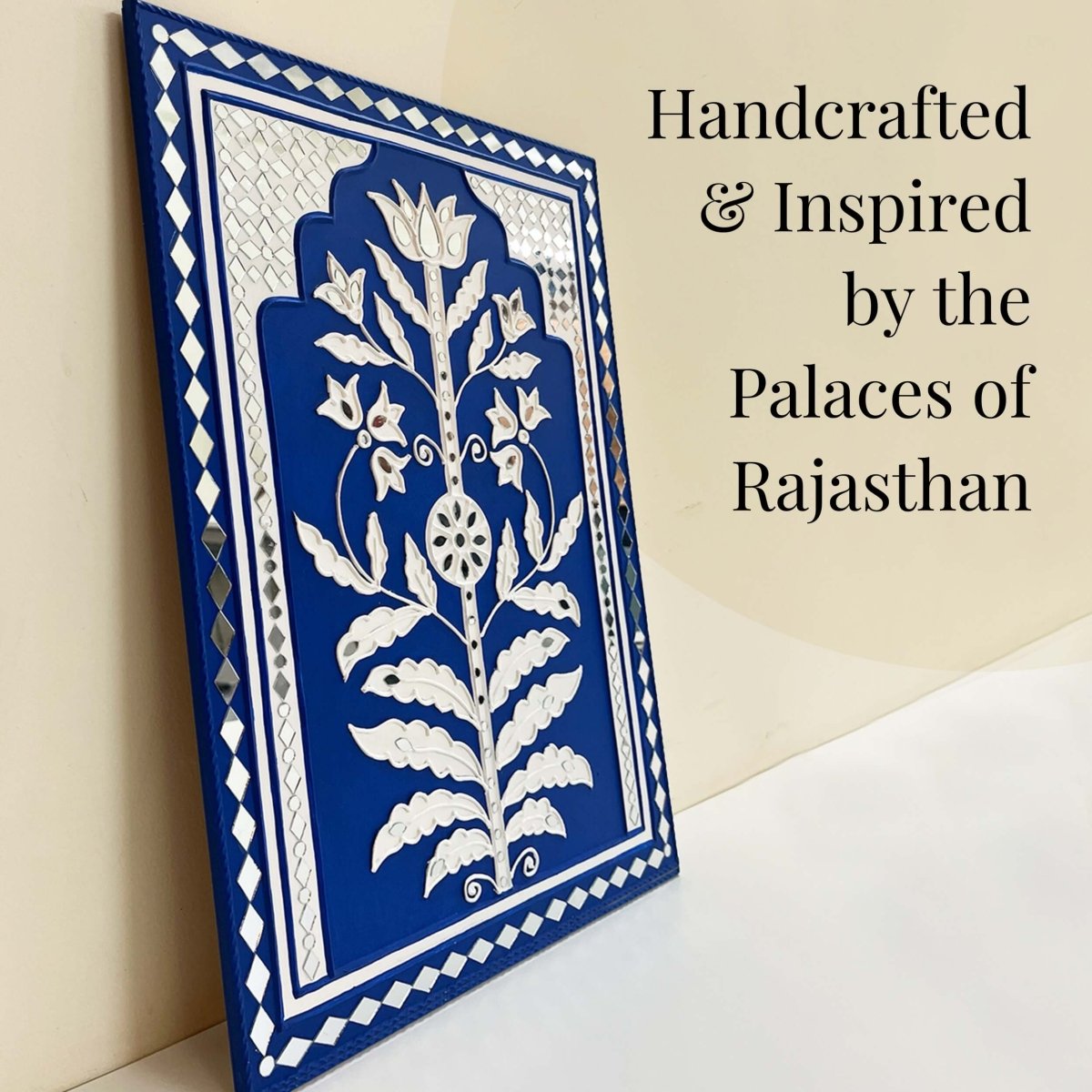Dr Harisingh Gour and his Dream University
BOOKMARK
You don’t find resumes that read like this any longer: first Vice-Chancellor of the University of Delhi, Vice-Chancellor of Nagpur University, Mayor of the Nagpur Nagarpalika, Member of the Constituent Assembly, jurist, writer and social reformer, and poet! Incredibly, the man who owns this resume, Dr Harisingh Gour, remains largely forgotten, the only marker of this great visionary being the university he founded in Madhya Pradesh.
Harisingh Gour was born on 26th November 1870, into a family of very modest means in Sagar, a small town around 170 km north-east of Bhopal in present-day Madhya Pradesh. His forefathers hailed from Awadh and it was his grandfather who shifted to Sagar, where he ran a furniture business. Gour’s father was a carpenter, and it was just as well that the lad had no interest in picking up his father’s trade.
Instead, he was keen on getting an education and turned out to be a brilliant student. After his primary education in Sagar, he won a government scholarship of Rs 2 per month, which meant he could attend night school. He went on to stand first in the Intermediate Examination in Hislop College, Nagpur.
– Gour had an insatiable appetite for academics and he secured a scholarship that took him to Cambridge University in England, where he went on to earn a doctoral degree in law.
It was during his stint at Cambridge that the young man became a budding poet and was even elected as a member of the prestigious Royal Society of Literature.
The accolades Gour earned were hard fought, secured as they were in an environment fraught with racial discrimination against Indians. But he emerged the stronger for it and returned to practice law in Raipur, now the capital of Chhattisgarh.
Gour practiced law for about 40 years, during which time he built a formidable reputation. He went on to appear before the Privy Council in a number of vital cases, and practiced law in various high courts in India. He was also a member of the High Court Bar Council and was selected as president of the High Court Bar Association.
But Gour did not restrict his legal expertise to the practice of law. He was also a part of a handful of ground-breaking legislations that would facilitate about progressive changes in Indian society. Among these was an act which enabled women to be enrolled as lawyers. He was involved in the drafting of the Civil Marriage Bill of 1923. He was also the first Indian to introduce a bill for the abolition of the practice of untouchability in 1921. While the bill was not passed, it was a landmark in social reform.
Gour was a prodigious writer as well. His monumental work, Penal Law of India, was published in 1909 and is still popular among aspiring advocates. He also authored other legal books including The Law of Transfer In India in three volumes (1902) and The Hindu Code: Being A Codified Statement of Hindu Law With A Commentary Thereon (1919). He also wrote Commentary On The Transfer of Property Act 1882 in two volumes.
From 1920 to 1935, Gour was a member of the Central Legislative Assembly, and he was so highly respected as a judicial expert that he was appointed as a member of the Indian Central Committee associated with the Royal Commission on the Indian Constitution (popularly known as the Simon Commission).
Despite his long list of accolades and achievements, Gour always remained true to his vision. Most of all, he never forgot his humble beginnings – education was always close to his heart. In 1922, when the University of Delhi was established, Dr Harisingh Gour was appointed as it first Vice-Chancellor. He also served as Vice-Chancellor of Nagpur University from 1928 to 1936.
As India approached Independence, a Constituent Assembly was formed to draft a new Constitution, with Dr B R Ambedkar as its chairman. Gour was a member of this august body.
But his greatest achievement, arguably, was the setting up of the University of Saugor on 18th July 1946. After World War II, Gour lobbied with the British government to establish a modern university in his hometown, Sagar, which then lacked any infrastructure for higher education. What greater gift can a son give to his hometown than an institution that can carry his people forward?
The great educator, jurist, social reformer and philanthropist passed away on 25th December 1949, and bequeathed two-thirds of his wealth, about Rs 2 crore, to the university he founded. In 1983, the University of Saugor was renamed ‘Dr Harisingh Gour University’ in his memory. Today, the institution is one of the preeminent universities in Madhya Pradesh.
Gour’s legacy also lives on in the Madhya Pradesh Council of Science and Technology in Bhopal, which has instituted an award – the ‘Dr Harisingh Gour state award’ – in his name. The Government of India also issued a commemorative postage stamp on 26th November 1976, as a tribute to this towering personality.









